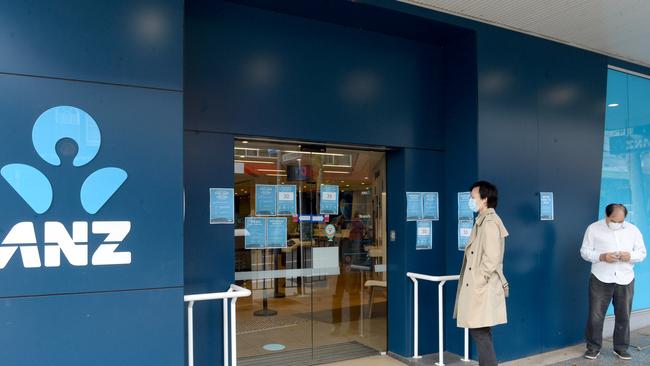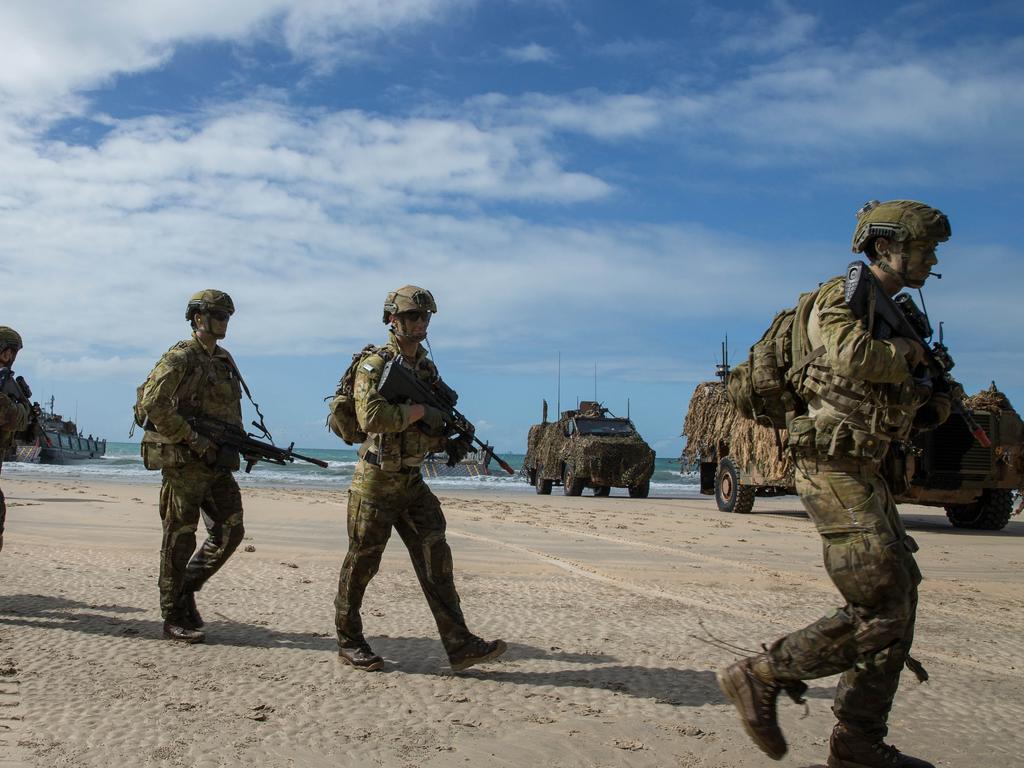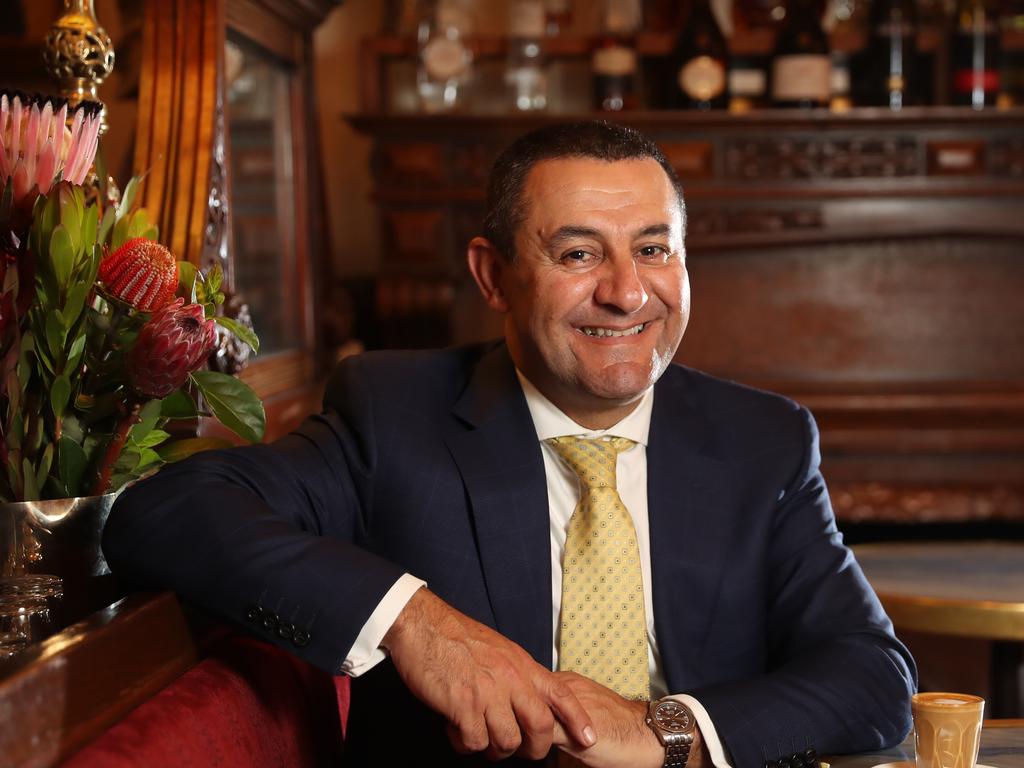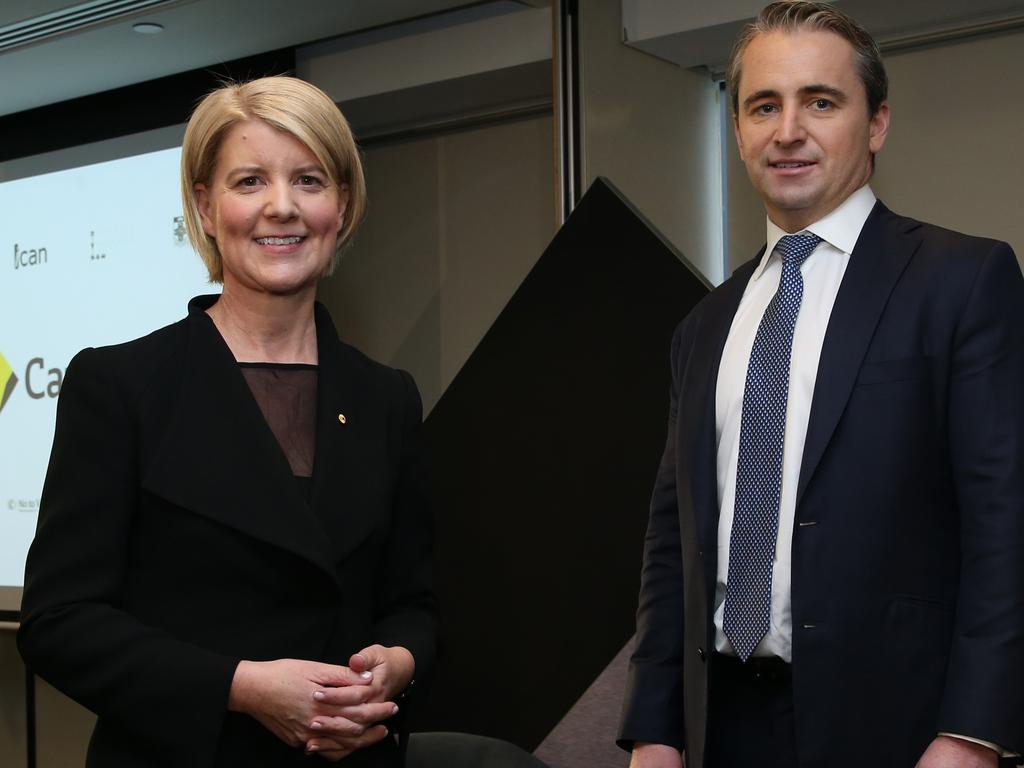JPMorgan in landmark banking cartel case over ANZ capital raising
JPMorgan told the ACCC it didn’t believe ANZ’s raising involved cartel behaviour, despite also pressing for immunity.

JPMorgan and its lawyers told the competition regulator as far back as 2015 they believed ANZ’s controversial capital raising did not reflect cartel behaviour by banks, despite at the same time pressing for immunity if a landmark legal case emerged.
In a significant twist in the criminal court action on Monday, parties heard that JPMorgan and its law firm Gilbert + Tobin made several representations to the Australian Competition and Consumer Commission in late 2015 and 2016.
The revelation is meaningful as the ACCC and Director of Public Prosecutions are pursuing damning allegations that bankers at Citigroup, Deutsche and ANZ acted as a cartel when dealing with a shortfall in demand for the bank’s $2.5bn share placement to investors in 2015. JPMorgan was also working on the capital raising but was granted immunity in return for co-operating with the regulator.
The Penrith District Court heard of a high-level meeting in 2016 between the ACCC, including commissioner Sarah Court, JPMorgan’s local and regional general counsels and Gilbert + Tobin competition expert Gina Cass-Gottlieb. At the meeting JPMorgan and G+T raised “factual arguments” to back their claims that the investment banks on the deal were not acting as a cartel, according to ANZ’s legal team.
“JPMorgan was denying that there was a cartel offence,” ANZ’s senior counsel Simon Buchen told the pre-trial hearing.
He was quizzing the ACCC’s general manger and team leader Jane Lin on how the regulator constructed its case and why it forged ahead given JPMorgan’s representations.
She responded that JPMorgan “were encouraging” the ACCC to come to the view the banks had not acted as a cartel, but were also seeking immunity from court action should the regulator proceed.
Mr Buchen said JPMorgan had pointed out the terms of the underwriting agreement between it, Deutsche, Citigroup and the issuer of shares ANZ, allowed the banks to function as a syndicate or joint venture. The agreement also included provisions for risk management.
But Ms Lin argued that witnesses from JPMorgan had “just as much an interest in downplaying” potential cartel activity as being granted immunity from prosecution.
“They are required to tell the truth,” she said.
Mr Buchen peppered Ms Lin with questions about how the ACCC formed its evidence, accusing the regulator of “systematic removal” of parts of initial witness accounts that didn’t fit its case.
He noted one initial account by then JPMorgan Australia bossRob Priestley referenced a conversations with then ANZ treasurer Rick Moscati where the latter was cited as saying ANZ “cannot influence” how investment banks manage risk in dealing with the capital raising’s shortfall.
Mr Buchen accused the ACCC of removing parts of the initial statement as part of “an overriding process”.
But Ms Lin said there were several explanations as to why the material was not included in evidence, including potentially the witness’ own legal advice or admissibility in the court.
Deutsche’s lawyers also hit out at the ACCC saying key parts of a witness’ initial recollection were excised from his final statement lodged with the court by the competition regulator.
Deutsche’s senior counsel Murugan Thangaraj said: “The ACCC has excised bits that don’t suit them... How is it that we are supposed to have confidence?”
He was referring to initial statements made to the ACCC by former JPMorgan local markets boss Jeff Herbert-Smith that he didn’t think there was an agreement by the investment banks not to trade in ANZ shares on a specific day. Mr Thangaraj also referenced the omission of earlier comments by Mr Herbert-Smith that the banks undertook a “normal or prudent” approach to managing risk, and were abiding by market integrity rules, in managing the sale of excess shares in the raising.
Ms Lin said the ACCC had processes in place and sought legal advice on what to include in its final court submissions, particularly as witnesses could be cross examined.
“It sounds as though his (Mr Herbert-Smith’s) recollection might have changed, if it’s not in his witness statement,” she added, later clarifying that Mr Herbert-Smith’s recollection of the events may have been improved by looking at further documents.
In a sometimes fiery exchange Deutsche Bank’s Mr Thangaraj, said the ACCC had omitted “manifestly disclosable” information in its case.
“Was his recollection amended? “The way the interview was conducted means we will never know if paragraph 55 was changed as a result of your showing him the transcript of that conversation.”
Ms Lin disagreed, saying the omission could relate to the ACCC believing other witnesses were “better placed” to recall the capital raising events.
As a witness in the case last year, Mr Herbert-Smith claimed he “stood his ground” against the ACCC over a disagreement in his statement.
Further ACCC managers will face cross examination this week in front of magistrate Jennifer Giles. She warned the parties the pre-trial hearings could not extend beyond five days.
“There can be no run on,” she said.
In the explosive case launched in 2018, the ACCC charged with cartel conduct six high-profile bankers: ANZ’s former treasurer now Australia chief risk officer Mr Moscati and former Deutsche Bank executives Michael Ormaechea and Michael Richardson. At Citigroup, former Australia chief executive Stephen Roberts, and bankers John McLean and Itay Tuchman are entangled in the case. Each banker, and their respective employer at the time, has denied the allegations.
The cartel allegations relate to how the banks attempted to manage how they would sell the excess shares in the ANZ capital raising, worth about $800m, to investors.
In December, senior investigators for the ACCC had to address concerns about whether key witness statements taken for its cartel case against were “contaminated”.
The hearings continue.







To join the conversation, please log in. Don't have an account? Register
Join the conversation, you are commenting as Logout